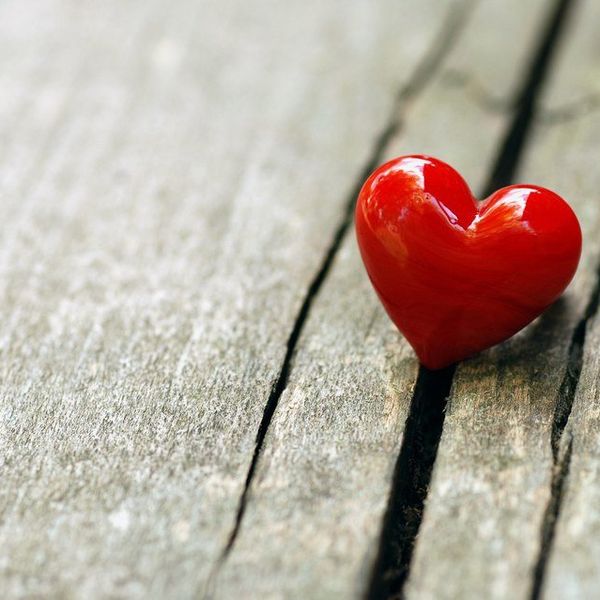In a recent press conference, President Donald Trump asked Coronavirus Response Coordinator Dr. Deborah Birx if, because disinfectant "knocks [COVID-19] out in a minute," there might be a way to "do something like that by injection," essentially suggesting that American doctors research if injecting disinfectant could kill the disease.
It was a moment that Twitter has been raging over with the hashtag #DontDrinkBleach. While Trump did not explicitly state that this was something we should be doing, or would be effective, he suggested there might be some good research done around it by saying "it sounds interesting to me."
Following the president's remarks, the maker of household disinfectants Lysol and Dettol released a press release urging people not to inject themselves with disinfectants.
While this was an incredibly questionable thing for Trump to suggest, there are many ways you can lessen your exposure to coronavirus and a lot of ways in which you can prevent yourself from getting practically altogether.
Here are nine things you can do to help prevent yourself from getting coronavirus that are not injecting disinfectant into your body.
1. Social Distancing
Easy enough, social distancing is one of the major ways you can prevent yourself from getting the coronavirus. Or, a way to help stop the spread after you get infected.
2. Wearing N95 masks
N95 masks, according to the CDC, "... reduce the wearer's exposure to airborne particles, from small particle aerosols to large droplets. N95 respirators are tight-fitting respirators that filter out at least 95 percent of particles in the air, including large and small particles."
While wearing one of these can't guarantee you won't contract the disease, it does put your risk down immensely.
3. Staying home
To really ensure you don't get coronavirus, quarantine and self-isolation have been the main method of staying safe. If you are staying home and not going out anywhere, you're giving yourself incredible odds of not contracting the disease.
4. Washing your hands
If we've learned anything from the past weeks of quarantine and self-isolation, it's that washing your hands is actually one of the more important ways to ensure you don't get the disease. Soap has actually been found to kill the disease as well.
If you don't believe that, read this chemistry professor's viral thread.
5. Wearing gloves
6. Ordering groceries from Instacart or Prime Now
One of the major reasons people are leaving their homes is to get groceries. If you can afford it, Prime Now and Instacart are great alternatives to leaving the house. Deliveries are made to your front door (even if you live in an apartment complex) and all you have to do is disinfect your groceries with Clorox or something like it to ensure you won't catch the disease.
7. Disinfecting your home and anything you bring from outside
Instead of attempting to inject disinfectant into your body, which will probably only make you incredibly sick, you can just disinfect all your things that are in your house and that come from outside it.
If you go to get your mail, go out to get groceries, or just go for a walk and pick up a coffee from Starbucks, disinfecting your clothes by throwing them in the wash, and using disinfectant wipes on anything you bring in from outside is a great precaution to help keep you safe.
8. Not gathering in groups of 10 or more people
The CDC also advises people to limit their interactions with people, not gathering in groups of 10 or more people if there is "minimal or moderate spread" in your community.
Coronavirus spreads through something called "community spread." Basically, if someone in a group of 10 has coronavirus and meets up with that group, the rate of spread starts to grow exponentially through that group and the people each individual is connected with.
By not gathering in large groups, you can potentially limit the spread of the virus if you or one of your friends has the virus.
9. Using Zoom to hang out with family and friends
Video chat services like Zoom have been an amazing tool to connect with people you love while social distancing. While quarantine has been tough and challenging, it's still possible to stay connected with those you care about through services like Zoom.
So instead of actually meeting up with people, go to an alternative and share some time with them over a video call.
As an Amazon Affiliate partner, Odyssey may earn a portion of qualifying sales.









 Photo by
Photo by 









































